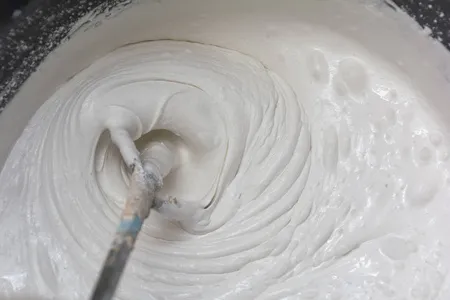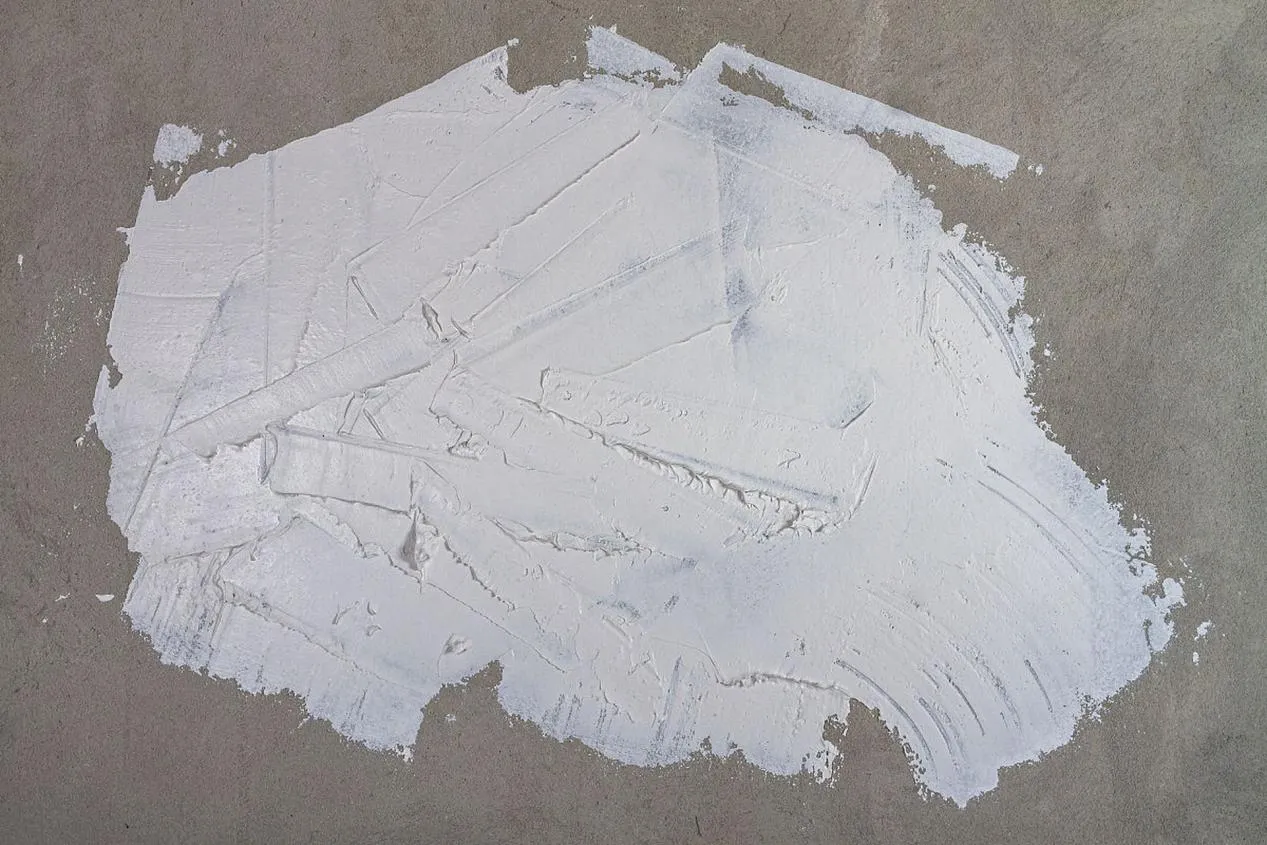
Understanding Gypsum Retarder and Accelerator: Improve Plastering Efficiency
In the world of construction, particularly in plastering and drywall applications, controlling the setting time of gypsum is essential for efficiency and quality. Whether you are a professional contractor or a DIY enthusiast, understanding how a gypsum retarder or accelerator works can make a significant difference in your project’s success. This article explains how retarders in gypsum products function, their applications, and when to use a gypsum plaster accelerator instead.

What Is a Gypsum Retarder? Function and Applications
A gypsum retarder is a chemical additive designed to slow down the setting time of gypsum-based products. This is crucial in large plastering jobs, drywall finishing, and prefabricated construction materials, where workers need extra working time before the material sets.
Common gypsum retarder applications include:
Wall plastering
Drywall joint finishing
Decorative gypsum molding
Large-area tiling using gypsum-based adhesives
Many users often ask, "Gypsum is accelerator or retarder?" — the answer depends on the additive. Pure gypsum sets quickly on its own. By adding a gypsum retarder, the setting time is delayed, while adding a gypsum plaster accelerator will speed up the hardening process.
For those looking for user-friendly options, products like extra time plaster retarder Screwfix are popular among DIYers and professionals alike. These products are widely available in hardware stores and help extend plaster working time without compromising strength.

Choosing Between Plaster Retarder and Accelerator
The choice between a plaster retarder and an accelerator depends on project needs:
Use a plastering retarder or retardante de yeso when:
Working on large surfaces
High temperatures cause rapid drying
You need more time for detailed or decorative work
Use a gypsum plaster accelerator when:
You are working in cold conditions
A fast turnaround is necessary
Quick patch repairs are needed
For example, an extra time plaster retarder allows plasterers to mix larger batches without the risk of premature setting. Brands like extra time plaster retarder Screwfix are designed specifically for convenience in small- to medium-scale jobs.
Retarders in Gypsum Products: How They Work
Retarders in gypsum products work by interfering with the crystallization process of calcium sulfate hemihydrate (the primary component of gypsum). This slows down the formation of the solid crystalline structure, giving users more time to apply, smooth, and finish the material.
Popular chemical compounds used as retarders include:
Citric acid
Tartaric acid
Sodium citrate
Protein-based retarders
On the flip side, gypsum plaster accelerator works by promoting faster crystallization, enabling rapid setting.
The balance between retarders and accelerators is crucial in manufacturing plasterboards, gypsum blocks, and various construction materials. It directly affects drying time, workability, and final surface quality.
FAQ: Common Questions About Gypsum Retarder and Accelerator
1. What is the main benefit of using a gypsum retarder?
Answer: A gypsum retarder delays the setting time of plaster, allowing more time for application, smoothing, and detailed finishing, especially in large areas or hot conditions.
2. Is gypsum an accelerator or retarder naturally?
Answer: Neither. Gypsum by itself sets quickly. It becomes an accelerator or retarder based on additives mixed into the gypsum product.
3. How does extra time plaster retarder Screwfix differ from other products?
Answer: Extra time plaster retarder Screwfix is a ready-to-use solution sold in convenient packaging for DIY and professional use, offering extended working time without affecting the plaster’s strength.
4. When should I use a gypsum plaster accelerator instead of a plaster retarder?
Answer: Use a gypsum plaster accelerator when working in cold environments, during emergency repairs, or when quick drying is needed to finish jobs faster.
5. Are retarders in gypsum products safe for indoor use?
Answer: Yes. Most commercial plastering retarder products are non-toxic and safe for indoor applications, as long as they are used according to the manufacturer's guidelines.
-
Hydroxypropyl Starch as a Sustainable Construction AdditiveNewsNov.24,2025
-
The Gelation Properties of CMCNewsNov.21,2025
-
Redispersible Latex Powder and Water Retention CapacityNewsNov.21,2025
-
Dosage Control for Polycarboxylate Water ReducerNewsNov.21,2025
-
Film-Forming Properties of Polyvinyl AlcoholNewsNov.21,2025
-
The Function of Gypsum Additives in MortarNewsNov.21,2025





















